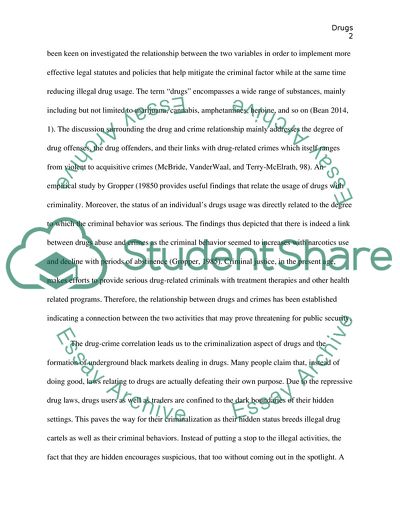Cite this document
(Drugs Should Be Legalized, in Order to Reduce Crime Assignment, n.d.)
Drugs Should Be Legalized, in Order to Reduce Crime Assignment. https://studentshare.org/sociology/1833115-research-topic-drugs
Drugs Should Be Legalized, in Order to Reduce Crime Assignment. https://studentshare.org/sociology/1833115-research-topic-drugs
(Drugs Should Be Legalized, in Order to Reduce Crime Assignment)
Drugs Should Be Legalized, in Order to Reduce Crime Assignment. https://studentshare.org/sociology/1833115-research-topic-drugs.
Drugs Should Be Legalized, in Order to Reduce Crime Assignment. https://studentshare.org/sociology/1833115-research-topic-drugs.
“Drugs Should Be Legalized, in Order to Reduce Crime Assignment”. https://studentshare.org/sociology/1833115-research-topic-drugs.


